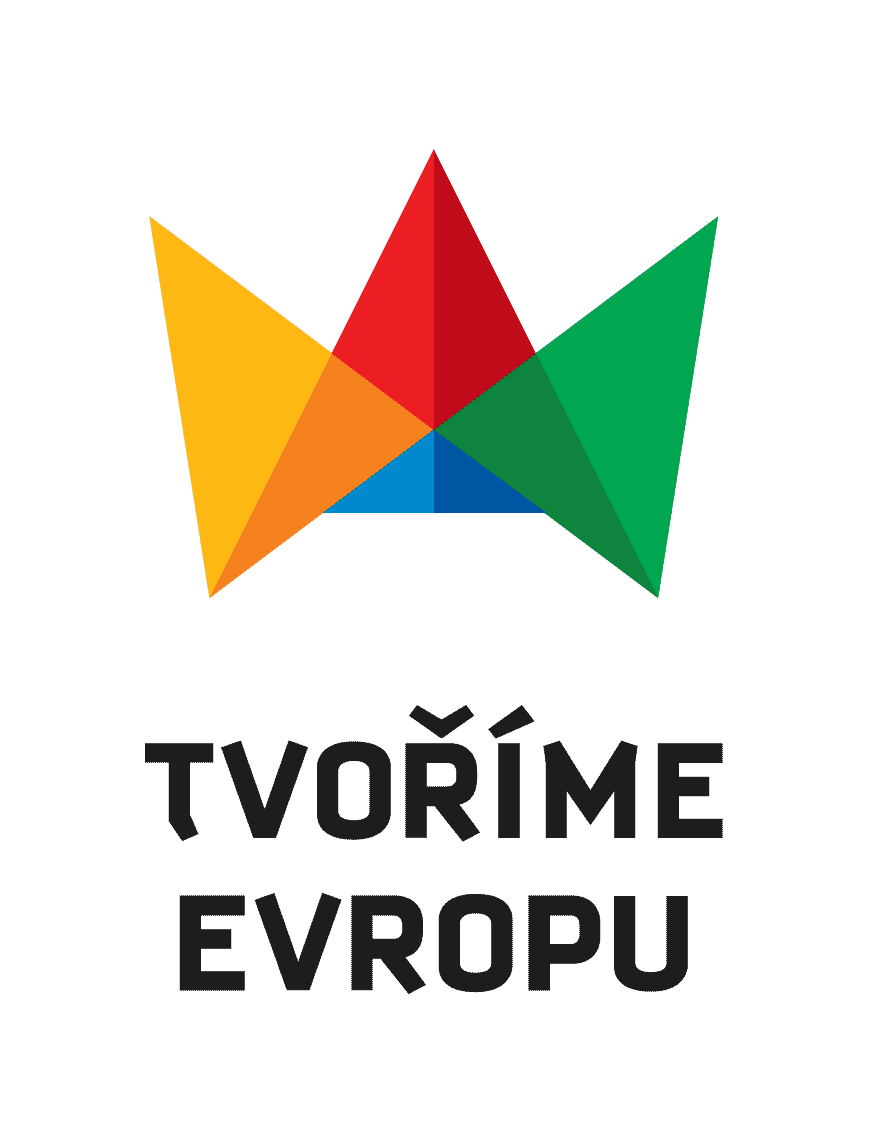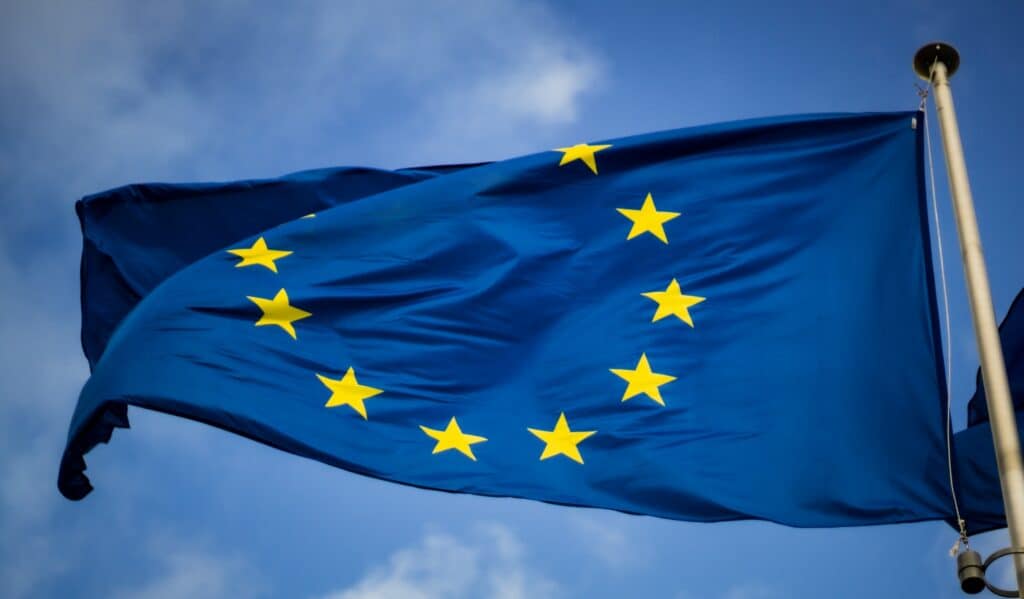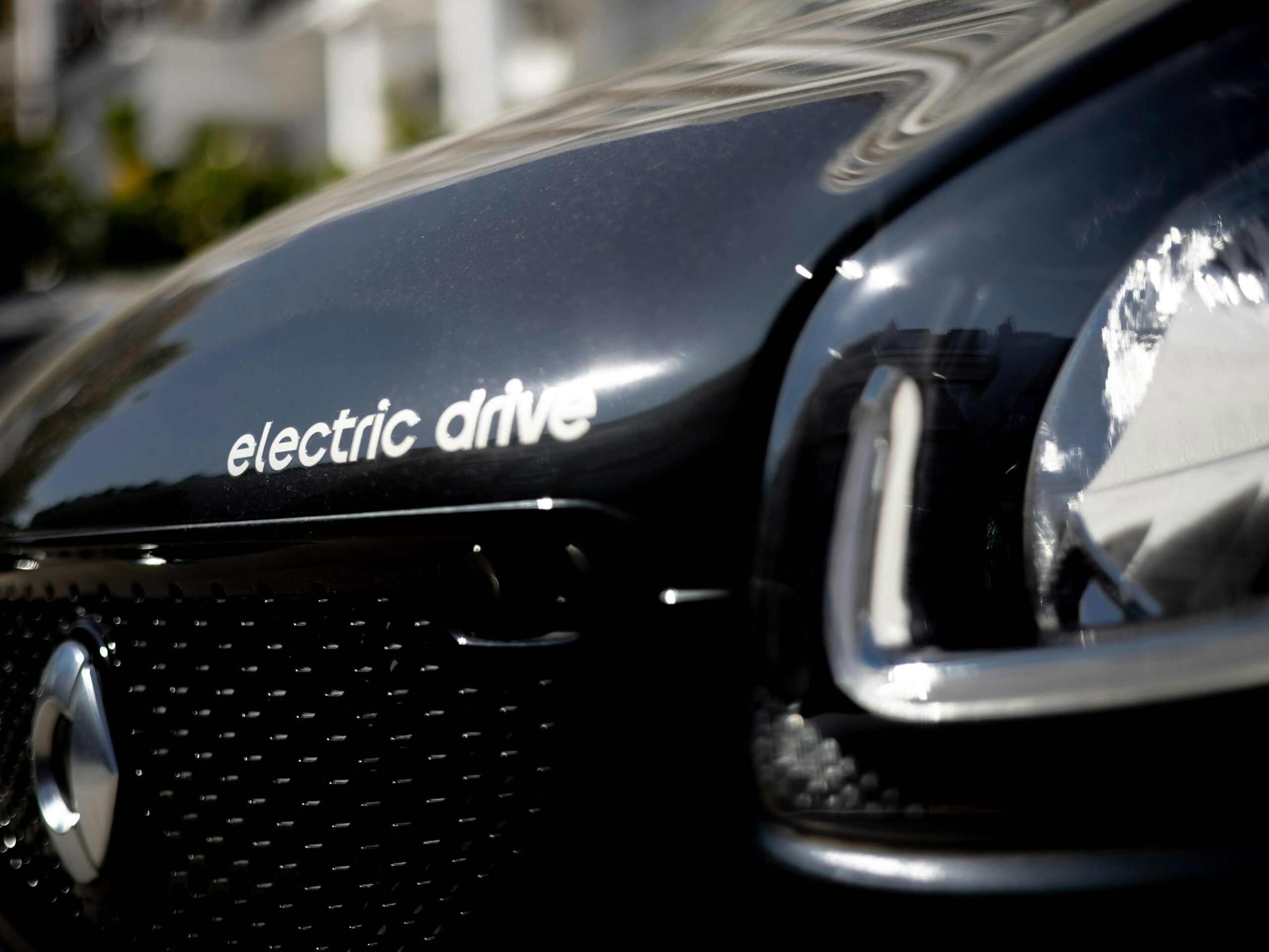01.05.2021
Office of the Government
From Monday, 3 May, pupils and students in six regions and in the capital city of Prague will be able to return to full-time classes in a rotary manner. The extension of the originally approved list of regions in which milder epidemiological rules for school attendance and some other activities will be set was approved by the government of Andrej Babiš at a meeting on Thursday, 29 April 2021.
From Monday, 3 May, 2nd level pupils of primary schools and lower-level students of multi-year grammar schools and conservatories, as well as all children from kindergartens in seven regions, will finally be able to return to schools in rotary classes. In addition to the already announced Karlovy Vary, Plzeň and Hradec Králové regions, the government has agreed to expand the list to include the Liberec, Pardubice and Central Bohemia regions and the capital city of Prague. In these regions, schoolchildren will also be able to start doing sports and there will be an exemption from the testing obligation for kindergarten children, and children’s groups will also be able to open.
These four regions with a low incidence of new cases of covid-19 disease will also receive an exemption for the opening of museums, galleries, exhibition spaces, castles, chateaux and similar historical or cultural facilities for individual tours, the possibility of holding trade fairs and agricultural trade fairs with public participation, and also the possibility of renewing the sports training of amateur athletes under the age of 18 organised by sports associations in outdoor areas under specified anti-epidemic conditions.
At the same time, the government approved an adjustment of conditions for clients of open body care services. According to the new regulation, it will also be possible to serve a customer who proves himself/herself by a confirmation from the employer or school about the performed test, or is tested directly in the establishment.
From 3 May, the rules for testing school and school facilities staff will also be relaxed so that preventive testing will be carried out only once a week. Also, those students who already go to school regularly will have to be tested only once a week. Newly returning school years will remain in the regime of two tests per week. Students of all years of the veterinary medicine study programme will be able to return to the lecture rooms for clinical and practical classes and practice.
According to the adopted government resolution, further opening should take place a week later, on 10 May. By this date, the remaining retail segments and some services should be opened, with the exception of restaurants, casinos, wellness and other most epidemiologically risky establishments. Pupils of the upper level of primary school, lower levels of grammar schools and conservatories and all children in kindergartens also in the remaining regions should return to full-time classes on a rotating basis and the personal presence of university students from the remaining years at clinical and practical classes should be allowed.
The government also decided to secure a replacement supply of test kits for schools after the State Material Reserves Administration failed to secure their further purchase through a tender. Instead, the administration will release 185,000 test kits for schools that were originally intended for testing public servants.
The Cabinet also approved a proposal for a testing regime at universities. Testing of their employees and students who are allowed to attend full-time classes will take place once a week. This will not apply to those who come to the school for an individual consultation or exam, and of course to those who have been completely vaccinated, have undergone covid-19 in the last 90 days, or have a valid test from an official testing site. Universities will arrange the tests for their employees and students themselves, and the state will contribute 150 crowns per student per week for PCR tests and 60 crowns for antigen tests. The government has approved the release of up to 50 million crowns for these compensations by the end of the school year.
The government has also decided to make a humanitarian donation to the Republic of India, which is currently hit hard by the covid-19 pandemic. With the help of Austria, the Czech Republic will send 500 medical oxygen cylinders to India at a total purchase price of up to 3.1 million crowns. Together with transport costs, this aid will cost up to six million crowns, which will be released by the Ministry of Foreign Affairs from its budget for humanitarian actions.
Useful information
- Hotline
Ministry of Transport
+420 225 131 820Ministry of Industry nad Trade
+420 224 854 444Ministry of Foreign Affairs
+420 224 183 200Ministry of Interior (borders, security)
+420 739 608 533Ministry of Education, Youth and Sports
+420 778 725 602 - Current information on Covid-19 caused by the Chinese coronavirus on the website of the Ministry of Health – information for citizens and healthcare workers, current data.
- Entry into the territory of the Czech Republic
- The European coronavirus response team
Autor: Office of the Government




